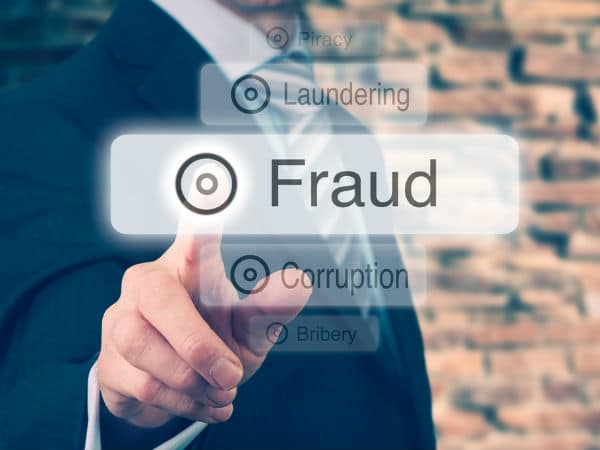McKinsey Africa Pays $122 Million to Resolve Bribery Scheme in South Africa
Consulting giant implicated in widespread corruption, highlighting the need for greater transparency and accountability.
Johannesburg, South Africa – McKinsey & Company Africa (Pty) Ltd finds itself at the center of a massive corruption scandal in South Africa, agreeing to pay over $122 million to resolve a U.S. Justice Department investigation. This case, deeply intertwined with the country’s “state capture” scandal, reveals the extent to which bribery and undue influence infiltrated state-owned enterprises.
Unraveling the State Capture Web
The “state capture” scandal refers to a period in South Africa where private interests, often through corrupt means, exerted undue influence over government officials and state-owned entities. McKinsey’s involvement with Transnet and Eskom, two critical state-owned companies, played a significant role in this web of corruption.
McKinsey’s Role:
- Bribery and Procurement: McKinsey, through a senior partner and in collaboration with local consulting firms, paid bribes to secure lucrative contracts with Transnet and Eskom. These contracts, often awarded without proper due process, involved inflated fees and kickbacks to corrupt officials.
- Strategic Positioning: McKinsey’s influence extended beyond individual contracts. The firm’s consultants were embedded within these state-owned entities, advising on key decisions and influencing strategic direction. This access provided opportunities for manipulation and furthered the interests of those involved in the state capture scheme.
Impact on South Africa:
- Financial Losses: The corrupt practices associated with state capture, including McKinsey’s involvement, resulted in significant financial losses for South Africa. Mismanagement and inflated contracts drained resources from essential public services.
- Erosion of Trust: The scandal severely eroded public trust in government institutions and major corporations. It exposed the vulnerability of state-owned entities to corruption and highlighted the urgent need for reform.
Global Implications:
- FCPA Enforcement: This case demonstrates the U.S. Justice Department’s commitment to enforcing the Foreign Corrupt Practices Act, even in complex international cases. It sends a strong message that companies engaging in corrupt practices abroad will be held accountable.
- Corporate Responsibility: McKinsey’s involvement in the state capture scandal raises questions about the ethical responsibilities of global consulting firms operating in developing countries. It highlights the need for greater transparency and accountability in the consulting industry.
Looking Ahead:
While the $122 million penalty is a significant step towards justice, the repercussions of the state capture scandal will continue to be felt in South Africa. This case serves as a stark reminder of the devastating consequences of corruption and the importance of upholding ethical standards in business and government.
This article is for informational purposes only and should not be considered legal advice.





